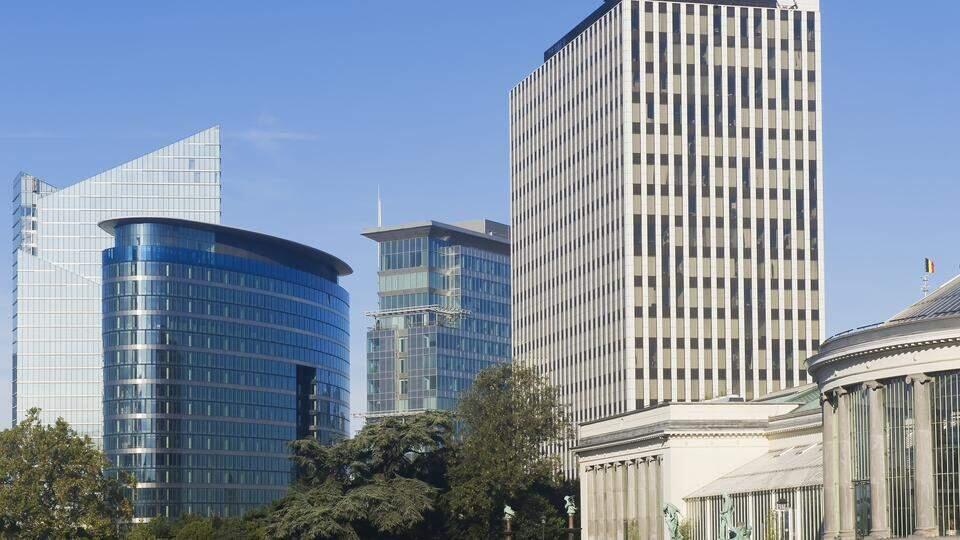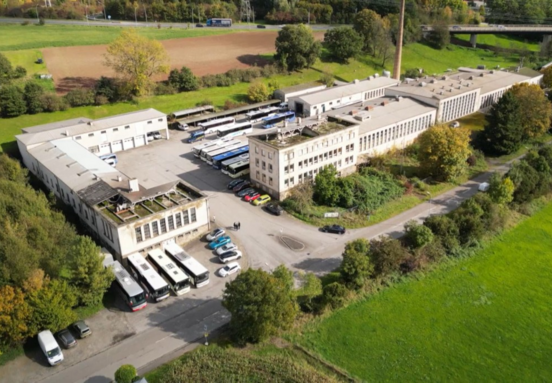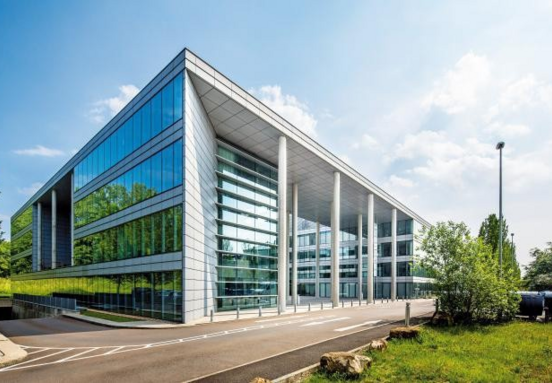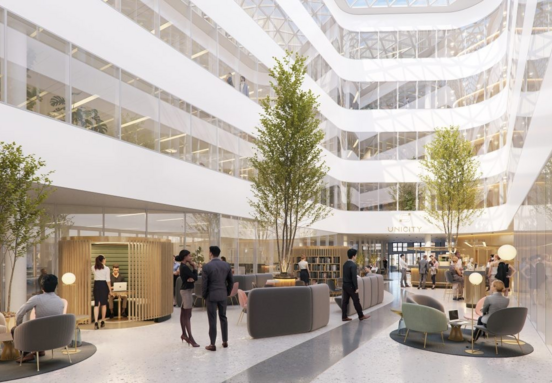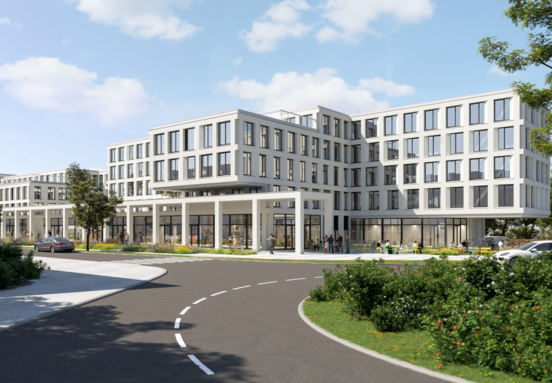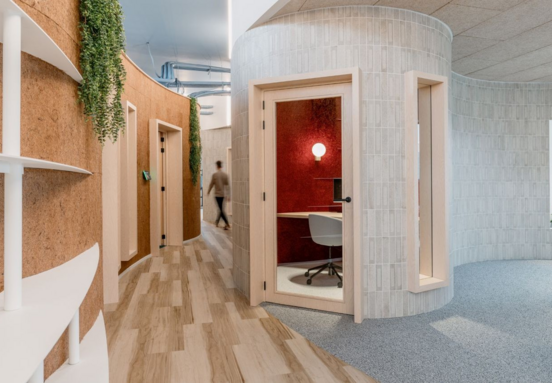Understanding the current climate in Brussels' commercial real estate
The commercial real estate market in Belgium, particularly in Brussels, is experiencing an unprecedented downturn.
Investment in business property has hit rock bottom, marking the worst crisis in decades. The first half of the year saw investments plunge to just €295 million, the lowest since 2012.
This trend is not confined to Brussels; it's a nationwide phenomenon, leading to forced sales and even bankruptcies among real estate groups.
Key factors driving the downturn
Several significant factors are contributing to the challenging landscape for office spaces:
The enduring impact of remote work
The widespread adoption of telework has fundamentally reshaped demand for physical office spaces. Businesses are re-evaluating their footprint, often opting for smaller or more flexible arrangements, leading to increased vacancy rates across the city.
The challenge of outdated buildings
Many existing buildings no longer meet contemporary standards, especially the stringent new ESG (Environment, Social, and Governance) norms. This lack of adequacy makes them less attractive to businesses seeking modern, energy-efficient, and future-proof environments. The cost of upgrading these properties for carbon neutrality is also a deterrent for investors.
Shifting investor preferences and rising interest rates
Investor confidence in the office sector has waned due to falling valuations, high investment costs for compliance, and growing vacancy. Furthermore, rising interest rates have made alternative investments like government bonds more appealing. Investors are increasingly diverting capital away from traditional offices towards retail, logistics, and residential properties, further impacting liquidity and development in the office market.
Opportunities and what businesses should look for
Despite the overall downturn, a clear polarization is emerging, creating both challenges and opportunities for businesses seeking space:
The premium on ESG-compliant and Grade A properties
While the overall rental market in Brussels is struggling, with the lowest signed office space in a decade, properties that rigorously meet ESG standards and are classified as "Grade A" are retaining their value and attractiveness. These modern, sustainable buildings offer enhanced operational efficiency, lower long-term costs, and align with corporate social responsibility goals, making them highly sought after even in a tough market.
Navigating a two-tiered market
This creates a two-tiered market: a challenging environment for older, non-compliant buildings, and continued demand for top-tier spaces. For businesses, this means that while overall investment volumes are down, securing prime, ESG-friendly locations may still command premium rents. Conversely, older spaces might offer more negotiation leverage, but come with potential hidden costs related to energy efficiency and modernization.
Businesses planning their next move in Brussels' commercial real estate should prioritize spaces that not only meet their immediate needs but also offer long-term value through modern design, compliance with sustainability standards, and adaptability to evolving work models. Focusing on "Grade A" and ESG-certified properties will ensure your business is positioned in a resilient and future-ready environment.
Source: virgule.lu
